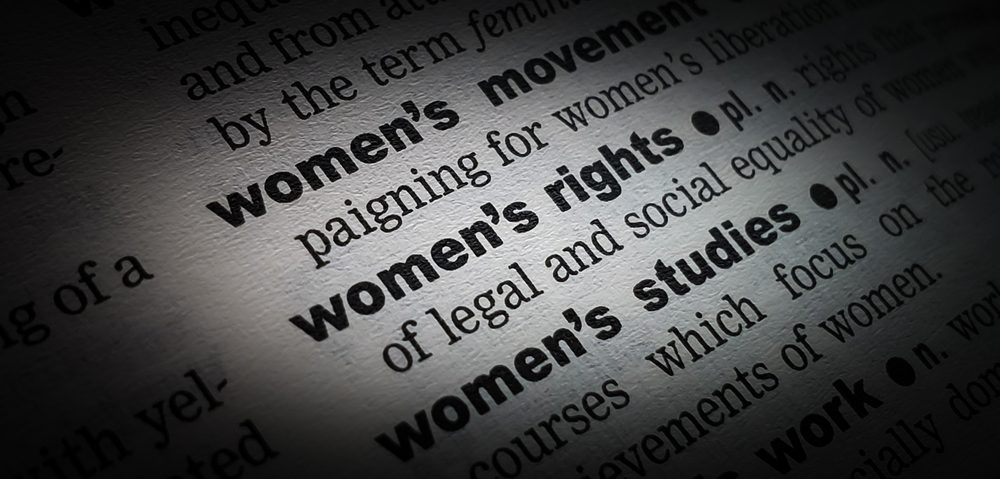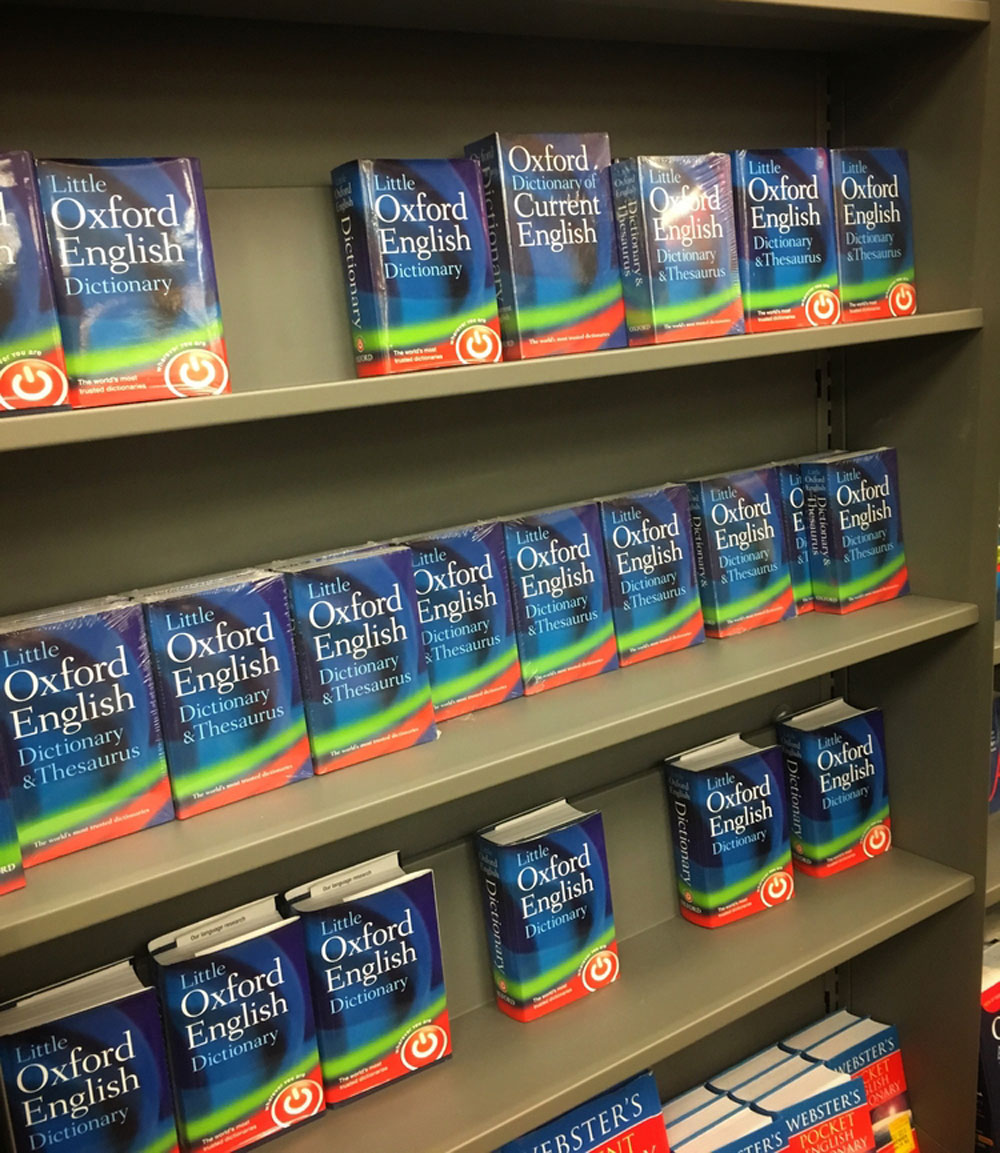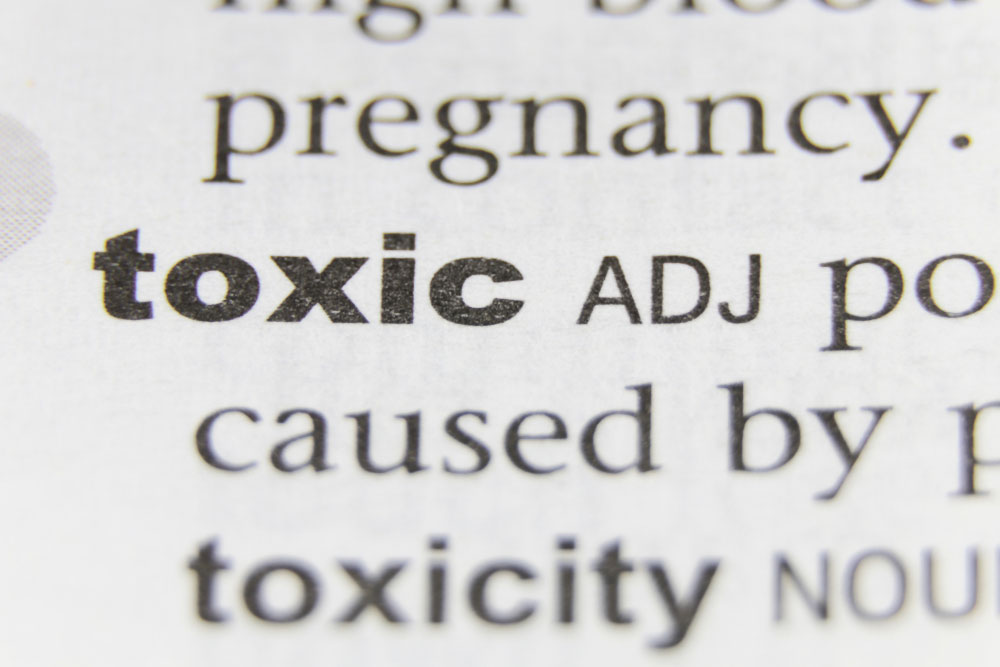What’s in a synonym? She who is called a woman would still be subjected to everyday forms of sexism if she were called ‘baggage’, ‘filly’ or ‘petticoat’. Perhaps that is why these terms are listed as synonyms for the word, woman, in the Oxford English Dictionary. But the ‘wenches’ — also a pronoun for the ‘female of the species’ — shall not have it anymore. More than 30,000 women have petitioned the antiquated keepers of English language to keep up with the times and get rid of derogatory synonyms that have nothing to do with the word, woman, even though they may have been used to address women over the ages. Like all ancient things, though, the keepers refuse to budge. Banishing the words out of sight may put them out of the minds of the ‘broads’ — yet another gem — but will it make the problem go away, they ask? The thesaurus, which is where the choicest of alternatives are listed, apparently draws from “real-life use” of language and will not exclude a term that is widely used “solely on the grounds that it is offensive or derogatory”.
This is a conundrum, indeed. What is done cannot be undone, as Macbeth’s ‘helpmeet’ once put it. Ridding the world of sexism does not mean that people should forget that it ever existed or eradicate it from the history of the written word. Not only is that not possible, but it is also not desirable. After all, does not the past exist to serve as a warning for future generations? This is perhaps why many of the objectionable entries in the thesaurus are explicitly highlighted as ‘derogatory’ or ‘offensive’. But this does not absolve the OED. By categorizing words like ‘filly’ as “informal”, it refuses to acknowledge the underlying humiliation in comparing a woman to a young horse.
If this is the fate of women in the 21st century, it is no wonder that nouns and pronouns for those who do not identify with the two predominant genders are few and far between. They had to wait till 2019 for Merriam-Webster to add a new meaning to “they”, using it to refer to those whose gender identity is nonbinary. OED still has this meaning tucked away — almost as a footnote — in its usage section. Perhaps OED ought to take a leaf out of British theatres, which have decided to phase out the expression, ‘ladies and gentlemen’, for more neutral ways of greeting audiences.
But change is not easy, especially for something as deep-rooted as prejudice. How many people actually consult the dictionary before speaking? Will removing controversial synonyms from it have a mitigating impact on the ground? For change to happen, stereotypes regarding men and women need to be rooted out of everyday language use and, indeed, from society itself. The dictionary merely records — albeit with thoughtless rigour in this case — the way women are treated in real life. To borrow the words of the Mahatma, one needs to be the change that the conscientious want to see in the dictionary.













